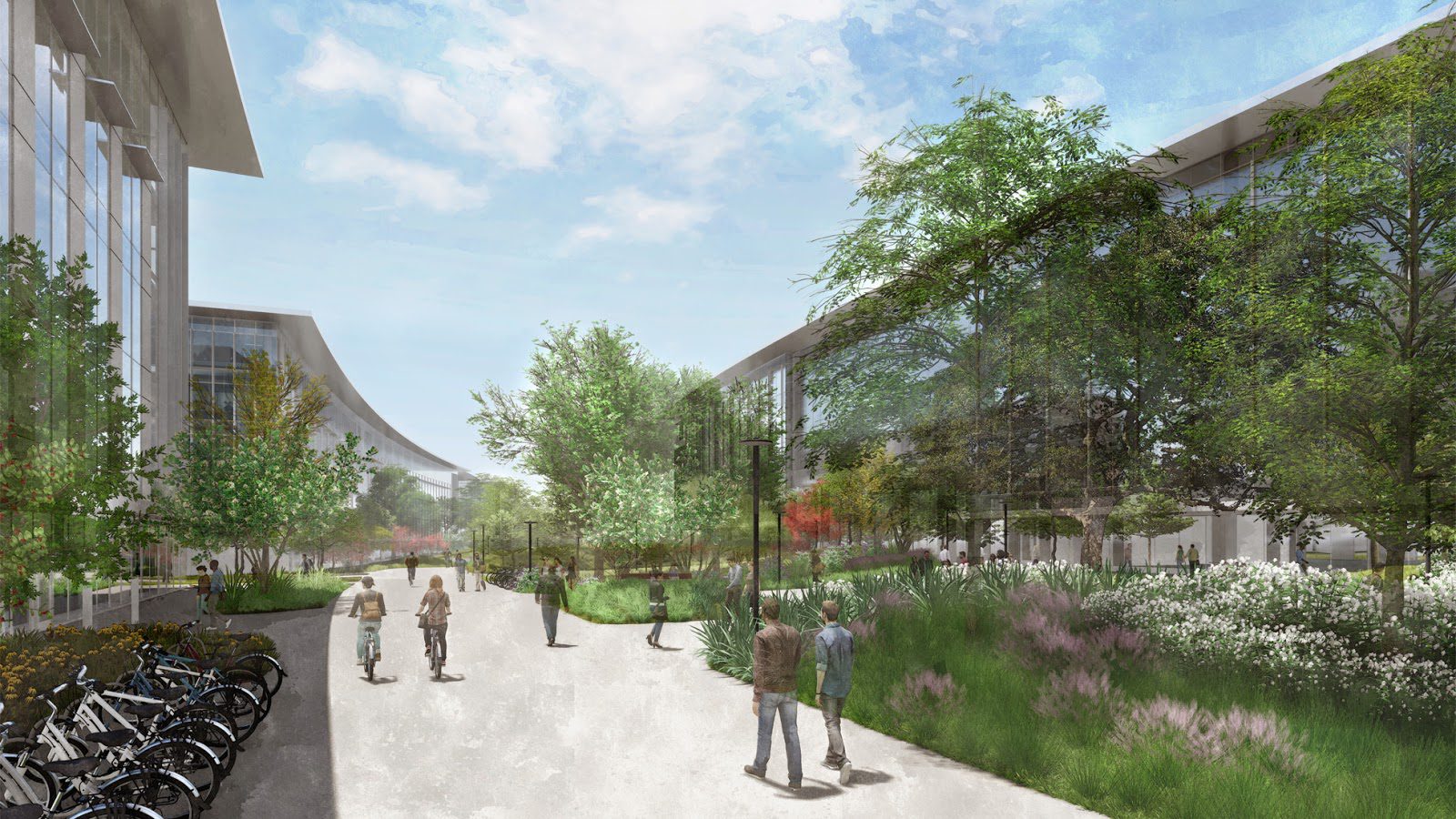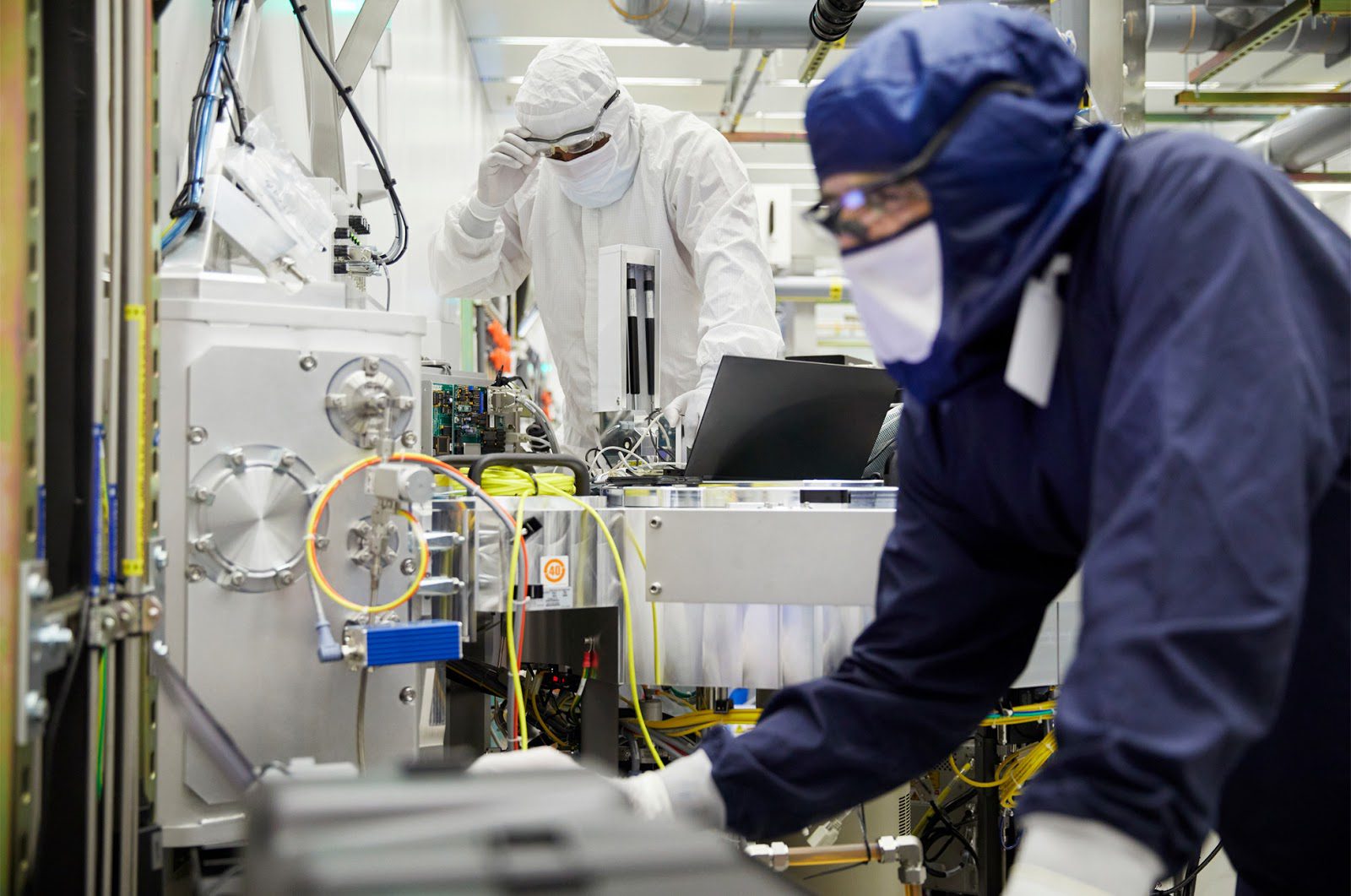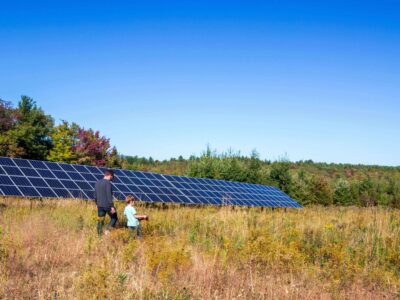Apple has announced plans to build a new campus in the Raleigh, North Carolina area, as the company looks to further expand its presence across the United States beyond its Cupertino headquarters. The move looks to be a key step in stimulating North Carolina’s economy and will likely follow a growing trend towards the prioritization of sustainability initiatives in business nationwide.
Apple’s move to Raleigh comes largely in response to efforts by the state to provide packages designed to incentivize the nation’s tech giants towards North Carolina expansion. The bulk of the package comes from a Job Development Investment Grant (JDIG). Authorized in 2018 during efforts to entice Amazon into opening their second headquarters there, the JDIG would give Apple $845.8 million over a 39-year period, provided that certain targets are hit throughout.
While the nearly $1 billion grant may look relatively steep initially, state lawmakers are optimistic that the investment will pay for itself many times over once the campus is up and running. The campus is projected to create 3,000 new jobs centered around machine learning, artificial intelligence, and software engineering, at an average annual income of $187,000. The state will set aside a percentage of tax revenue paid by these employees for the JDIG payments starting in 2023. In 2032, assuming all targets are hit, that percentage will increase to around 90 percent. Portions of that tax revenue totaling $112 million by 2061 will also be used for the state’s utility fund for the purpose of rural infrastructure development. Over that same period, Apple has pledged an additional $100 million towards education and community initiatives statewide.

Both state leaders and economists say that these investments are just the tip of the iceberg for North Carolina. The state commerce department has projected that the new facilities will bring about an overall economic impact of roughly $1.5 billion annually by 2029, and will have a total GDP impact of nearly $80 billion by 2061. UNC Charlotte economist John Connaughton is similarly hopeful of the state’s projection, even calling the $1.5 billion number “pretty conservative”. Connaughton went on to say the investment was “a real coup” for North Carolina.
Gov. Roy Cooper is confident that the investment is the beginning of a committed partnership “for the long term” between Apple and North Carolina, which will have a lasting impact on the economic and environmental well-being of the state and its residents. Apple has stated that its United States facilities run entirely on renewable energy sources like “solar, wind, and micro-hydropower”, either generated in-house or purchased from local providers. Apple is currently the largest publicly traded company in the world by market capitalization and looks to position itself as a leader in sustainable manufacturing for years to come.
Apple is the latest of several corporations to expand their facilities beyond their Silicon Valley headquarters, where the high cost of living and housing have sparked the need for innovators to begin looking elsewhere. Oracle has unveiled plans to relocate to Austin, Texas this past year. Google has announced the construction of a $1 billion campus in New York City, and has also begun redevelopment of what was previously a shopping mall in Los Angeles. Amazon, after initially considering the Raleigh location for a second headquarters, has since moved those operations to Arlington, VA, with plans to employ up to 25,000 employees – up from the current 1,600. In addition to the 3,000 new jobs projected from the Raleigh campus, Apple has announced plans to create another estimated 17,000 jobs nationwide. Many of these positions will be on existing campuses, including 5,000 in San Diego, 3,000 in Culver City, California, with 700 in Boulder, and 1,000 in Seattle.





